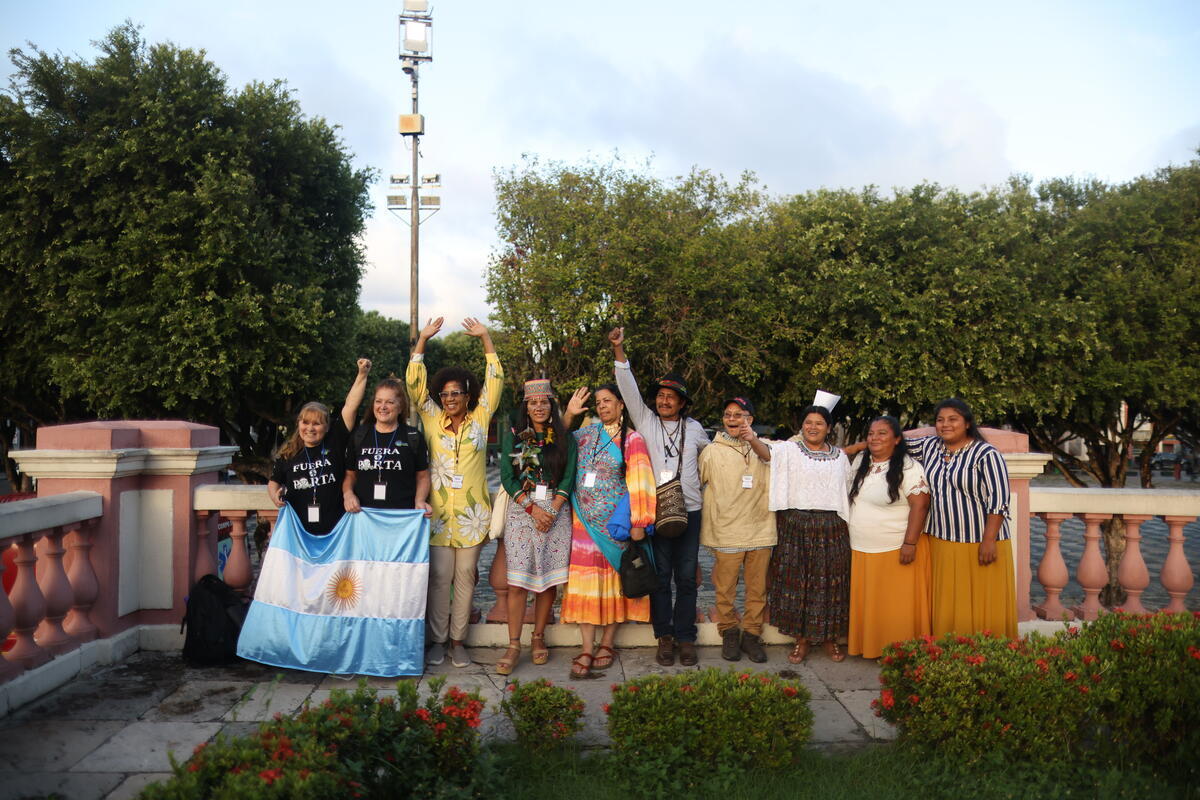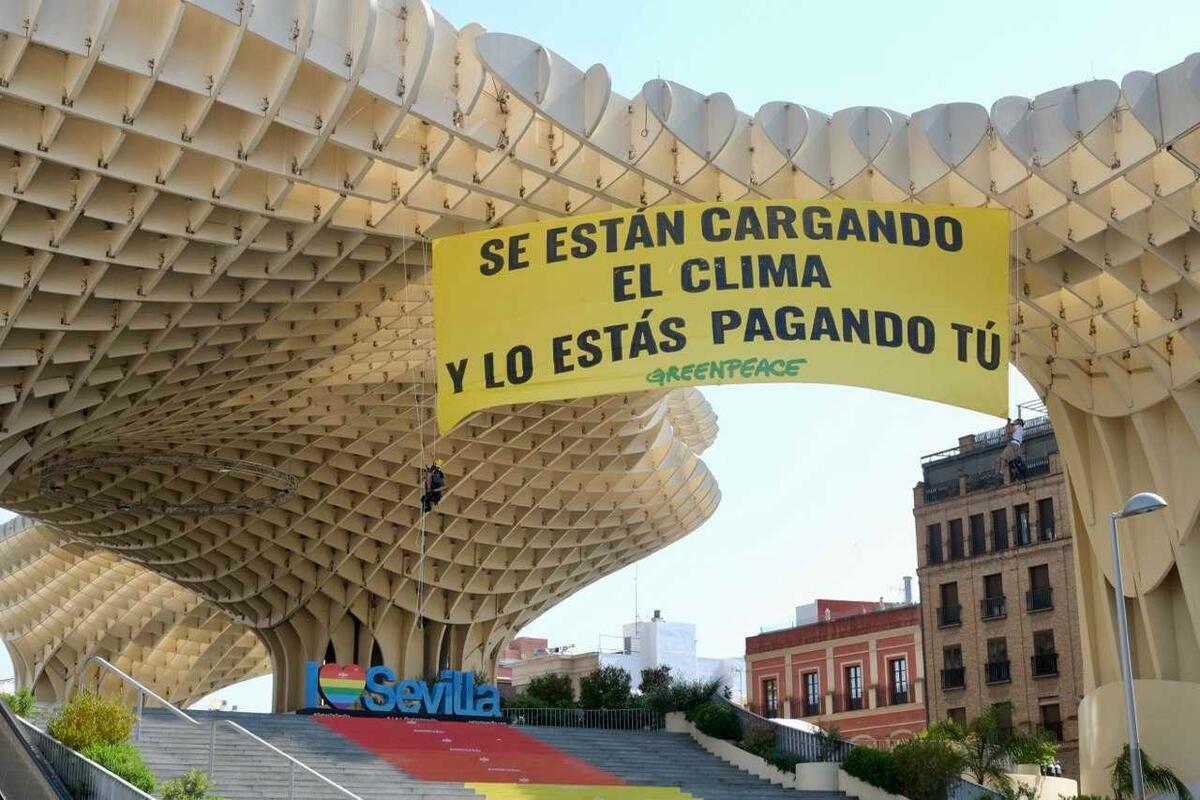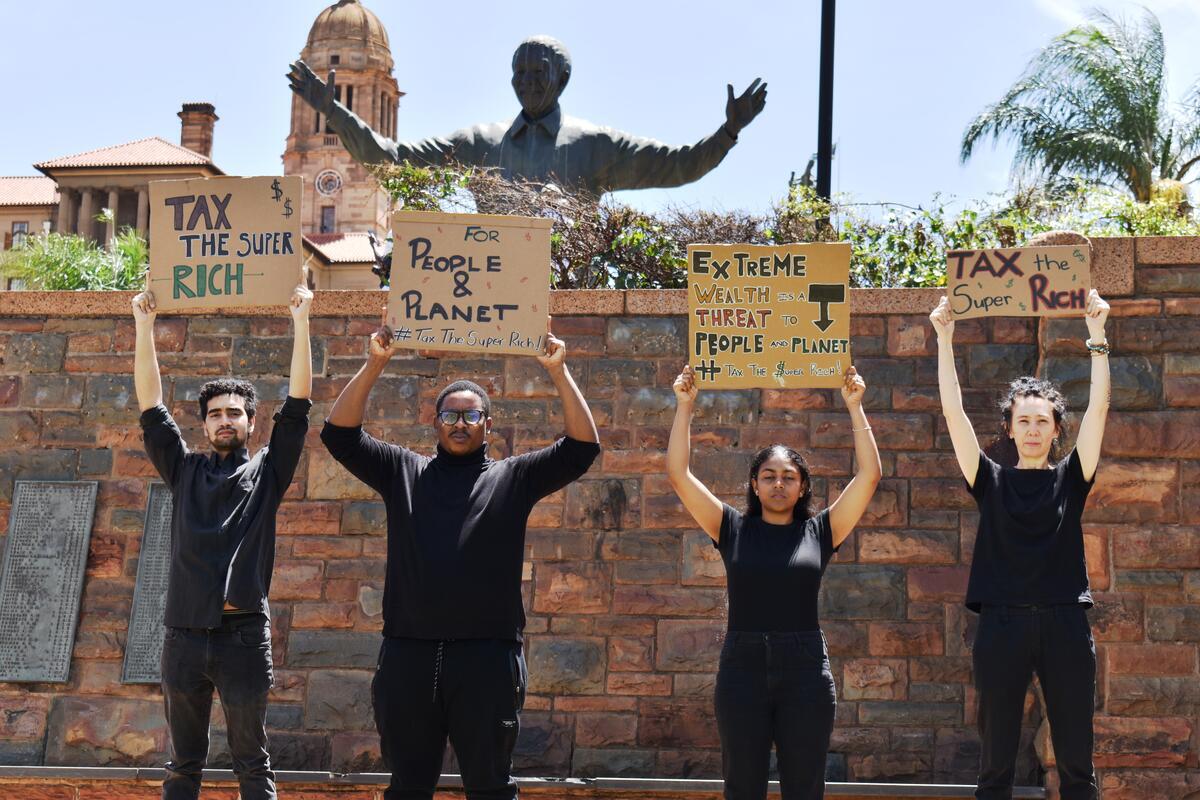London – Survivors of Super Typhoon Haiyan in the Philippines – the deadliest storm to hit the country – are in London to give personal testimonies at a landmark inquiry to determine whether the world’s largest carbon producers are violating the human rights of communities worst affected by climate change.[1] The hearings conclude on 8 November, which is also the fifth anniversary of Typhoon Haiyan.
“You could not distinguish between the road and the dead bodies of people and animals everywhere. We feared for our safety all the time, especially during the night. We just wanted to leave Tacloban…I was traumatised,” says Marielle Bacason, a 27-year old Haiyan survivor who migrated to London to work as a research nurse when unemployment rose as a result of the event, and who will be testifying at the hearing.
“All I ask of these big companies is to allow our children, grandchildren, and future generations to be able to enjoy an unspoiled planet. I just ask that they consider the long-term effects of their actions.”
The investigation by the Commission on Human Rights of the Philippines is the first of its kind to be launched by an independent constitutional body. It is considering whether 47 coal, oil, gas and cement companies, including ExxonMobil, Shell, Chevron, and BP, endanger lives and livelihoods of Filipinos, wherever they may be situated, by knowingly contributing to the devastating impacts of climate change through carbon pollution from their products and business activities.
The investigation was triggered in 2015 by a Climate Justice and Human Rights petition filed before the Commission by representatives of communities and non-profit organisations across the Philippines. During the typhoon, which hit on 8 November 2013, thousands more than the official death toll of 6,343 are thought to have died, with millions of lives still being affected to this day.[2]
Professor Myles Allen, a coordinating Lead Author of the recent United Nations Intergovernmental Panel on Climate Change (IPCC) report will appear as an expert to discuss the attribution of recent climate change and assess what these changes mean for global climate simulations of the future and the Philippines. The IPCC has analysed mitigation pathways limiting warming to 1.5 degrees Celsius above pre-industrial levels. In an analysis by Greenpeace International and CoalSwarm we would require a near-total reduction in coal use for electricity generation by 2050, with reductions of approximately two-thirds by 2030.
“The probabilities of many potentially damaging extreme weather events, including heatwaves and short-duration extreme precipitation events, increase predictably with rising global temperatures,” says Myles Allen, Professor of Geosystem Science in the School of Geography and the Environment, University of Oxford and Head of the Climate Dynamics Group in the University’s Department of Physics. “Hence, this hearing provides a basis for relating harm associated with extreme weather events with attributable changes in global temperature.”
The inquiry is part of a growing number of cases across the world, where people are applying pressure on governments and fossil fuel companies, to demand more ambitious climate action.[3]
“This landmark investigation is not just for Filipinos but for vulnerable communities everywhere,” says Desiree Llanos Dee, Campaigner at Greenpeace Southeast Asia. “We are seeing a growing global movement of people who are not just asking questions of accountability, but who are ready to stand up to big polluters largely responsible for the climate crisis.”
Following the London hearing, there will be one final public inquiry in the Philippines on 11-12 December 2018. It is expected that the Commision will wrap up its investigation by the end of the year and issue its findings in early 2019.
ENDS
Photo and video can be accessed here
Notes:
[1] The hearings will take place at the London School of Economics between November 6-8, 2018
[2] The official total is 6,343 fatalities with 1,058 missing, though local people have reported that Haiyan claimed more than 10,000 lives. Final Report on Effects of Typhoon “Yolanda” (Haiyan) (PDF) (Report). The Philippine National Disaster Risk Reduction and Management Council. December 11, 2015. Archived from the original on May 6, 2016, available here.
[3] Other cases include: the historic Urgenda victory in the Netherlands, in which an association successfully held their government to account for failing to take adequate action on climate change; actions brought by Greenpeace Germany and three farming families to force the German Federal Government to meet its national 2020 climate targets; KlimaSeniorinnen, an association representing more than 1,000 senior women who are suing over inadequate climate policies and mitigation measures; Nature and Youth and Greenpeace Nordic concerning violations of the Norwegian constitution for opening up a vast new area for oil and gas drilling in the Norwegian Arctic; and families in the EU, Kenya and Fiji who are challenging the EU’s climate policies.
Contacts:
Graham Thompson, Press Officer, Greenpeace UK, [email protected], +44 (0)7801 212 960
Kristin Casper, Litigation Counsel, Greenpeace International, [email protected], +44 (0)7506 157 227
Desiree Llanos Dee, Climate Justice Campaigner, [email protected] +639985959733
Greenpeace International Press Desk, [email protected], phone: +31 (0) 20 718 2470 (available 24 hours)



